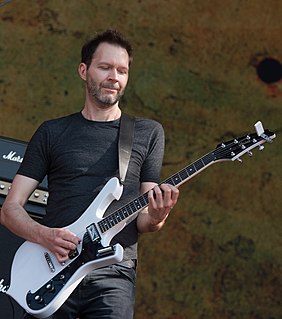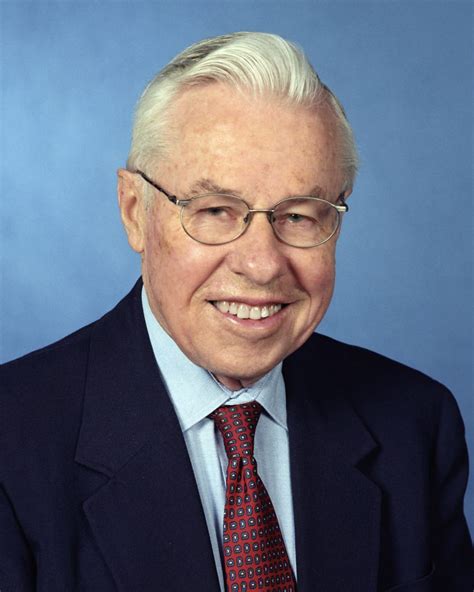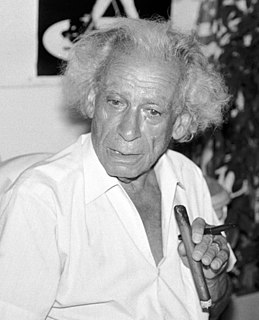A Quote by Gulzar
We have been teaching 'Paradise Lost' and 'Julius Caesar' to the students but we are not teaching them 'Kalidas' or Indian drama and epics.
Related Quotes
As a teacher and parent, I've had a very personal interest in seeking new ways of teaching. Like most other teachers and parents, I've been well aware painfully so, at times that the whole teaching/learning process is extraordinarily imprecise, most of the time a hit-and-miss operation. Students may not learn what we think we are teaching them and what they learn may not be what we intended to teach them at all.
I am relieved that, in my own teaching, I don't have to moderate between high stake teaching and education for the virtues. If I did, I would give students the tools to take the tests but not spend an inordinate amount of time on test prep nor on 'teaching to the test.' If the students, or their parents, want drill in testing, they'd have to go elsewhere. As a professional, my most important obligation is to teach the topic, skills, and methods in ways that I feel are intellectually legitimate.
I believe in teaching just a few students, as teaching requires a constant alert observation on each individual in order to establish a direct relationship. A good teacher cannot be fixed in a routine, and many are just that. During teaching, each moment requires a sensitive mind that is constantly changing and constantly adapting.
Teaching, like any truly human activity, emerges from one's inwardness, for better or worse. As I teach I project the condition of my soul onto my students, my subject, and our way of being together. The entanglements I experience in the classroom are often no more or less than the convolutions of my inner life. Viewed from this angle, teaching holds a mirror to the soul. If I am willing to look in that mirror and not run from what I see, I have a chance to gain self-knowledge-and knowing myself is as crucial to good teaching as knowing my students and my subject.





































